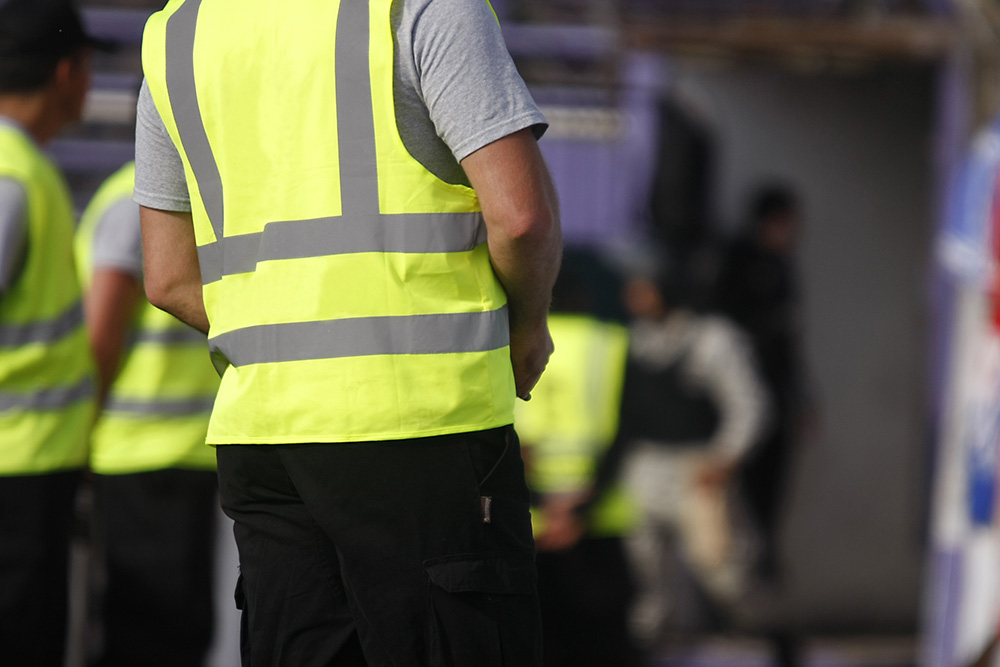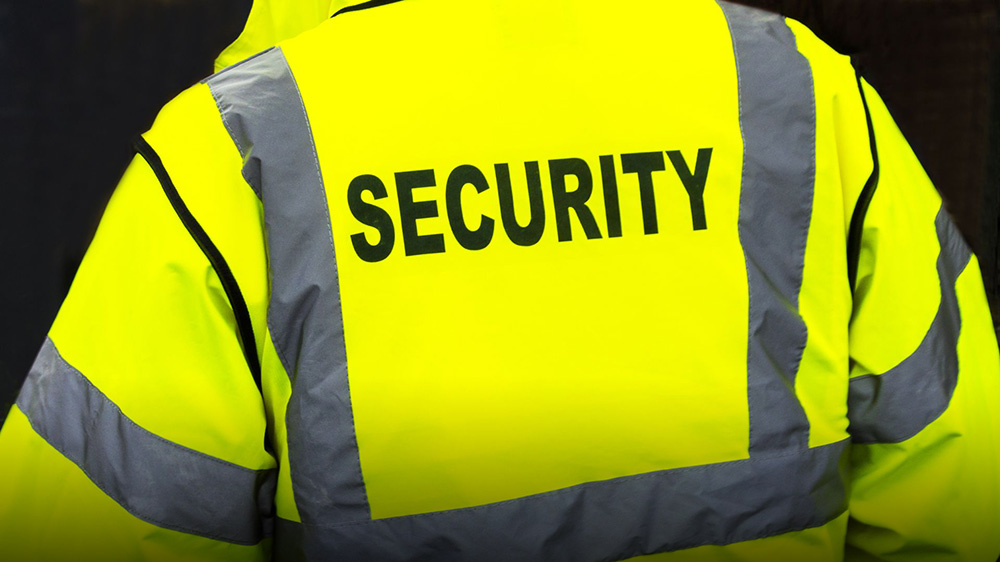Enhancing Women's Safety At Football And Other Stadium Events

Violence against women remains a deeply troubling issue, with countless accounts of women enduring harrowing experiences. In this article, Robert Kaiser, author of the recently published NEVER A VICTIM and a global advocate for women’s safety, addresses how safety and security professionals can make a major difference in mitigating the risks women encounter at events intended to be pleasurable and entertaining.
Football stadiums are a place of significant responsibilities for security professionals. Their role involves protecting infrastructures and fellow citizens from intoxicated or violent fans. hostile people, and other risks, including terror threats. However, one of the most important aspects that is rarely emphasised is the safety of women against sexual harassment, domestic abuse, and other acts of violence against women such as spiking and stalking.
Football matches and other large‑scale events attract diverse crowds, creating vibrant and energetic atmospheres. However, these environments can sometimes present significant risks to women. In this article, I highlight practical strategies security professionals can implement to safeguard female attendees and foster a secure, inclusive experience at stadium events.
Building Trust With Victim Survivors
All safety and security professionals must be aware that most female survivors of sexual or physical abuse or violence would not readily report their cases, largely due to fear, shame (due to outdated and incorrect societal norms), or feelings that they were not taken seriously. Sometimes the perpetrator might be close by, or the survivor had been threatened, intimidated, or blackmailed into silence.
When drunk patrons are present, security must be vigilant. For example, when a woman is obviously intoxicated and her male friend is apparently sober, there are some legitimate explanations for the situation such as he is the designated driver. However, other more sinister possibilities must be considered. Could the two have met here tonight? Does he know her? Was her drink spiked to abduct and rape her?
To resolve these, subtle but firm intervention is necessary. I urge all security professionals to speak with the man in private and inquire as to whether he knows her name, then confirm this with the woman. If their answers do not match, that is a red flag that justifies further inquiry. Take her identification and call paramedics to check on her condition; this will discourage a potential predator and keep the woman safe. I also advice anyone engaging with a vulnerable individual, to do so within CCTV coverage to document their actions and deter misconduct.
Providing A Safe Space
When a verbal altercation involving a woman is observed, security teams cannot always be sure whether a criminal offence has taken place or if the situation might escalate. Removing her from the potential threat is often the most responsible action. Providing a secure, private space allows her to feel safe from intimidation, which may provide her with the opportunity to speak freely about her situation.
A woman who is supported, believed, and prioritised is more likely to speak openly about her experiences. These actions show respect for her autonomy and emphasise the venue's commitment to attendee safety.

Addressing Potential Threats
Vigilance and proactive intervention are cardinal in the stadium environment. The tragic events of the Manchester Arena bombing in 2017 poignantly drive home the message of trusting instincts. During the inquiry, security guard Kyle Lawler admitted he had a “bad feeling” about Abedi but did not approach him for fear of being branded a racist. Moments later, 22 lives were lost.
This example illustrates that security staff must take immediate action if suspicious or inappropriate behaviour is observed. If a man's behaviour towards a woman appears threatening, an intervention should be made in a polite yet firm manner. Even minor harassment has the potential to escalate into more serious acts of violence. By nipping inappropriate behaviour in the bud, security staff not only avoid potential harm but also establish a standard of respect and accountability in the venue.
Creating an Atmosphere Of Trust
Safety can never remain a woman's responsibility alone; rather, proactive steps should come from the organisers of football or other stadium events through defined protocols of recognising and attending to risks while promoting awareness among people about the consent and bystander intervention paradigm.
This, however, will involve security professionals who are central in this campaign. They should create an environment that makes survivors and potential victims comfortable. Women must know that they would be believed and received with empathy and treated with utmost respect. It is about building such trust in themselves as an essential way of empowering them to share concerns unashamed by judgment and recrimination.
Active Steps Toward The Stadium Security Team
- Extensive Training: Train security teams to identify and handle behaviours related to harassment, stalking, or spiking, by using de‑escalation techniques and creating a safe space for women.
- Incident Reporting: Ensure proper procedures for incident reporting, including follow‑up measures after incidents of harassment or assaults, are well documented. Make sure reports are kept confidential and dealt with in a timely manner.
- Bystander Intervention: Educate staff and fans on what to look for in inappropriate behaviour and how bystanders can intervene.
- Technological Support: Make judicious use of CCTV to cover areas where harassment is most likely, such as queues, concourses, and exits. Place cameras in a way that covers the seclusion or dimly lit parts of the stadium.
- Communication Channels: Provide discreet ways for women to report their concerns through a helpline or an app so that they can come forward without fear of being exposed.
Conclusion
Football stadiums should, of course, be places of exuberance and companionship, free from the spectre of harassment or violence. With that in mind, security personnel form the vanguard of responsibilities regarding the safekeeping and dignity of all present, particularly women.
Security teams are not only protecting the people by proactive steps in building trust, intervening at suspicion of any situation, or creating safe environments, but also the very sport and the venues themselves. It is together we can make stadiums a haven for one and all, letting every fan enjoy the game with no fear.












































